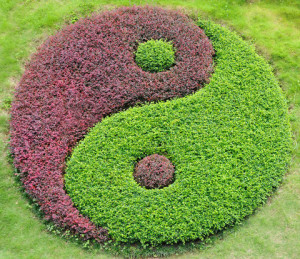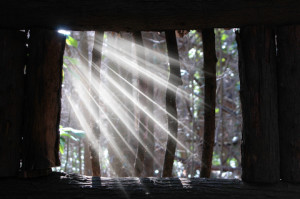 “Family isn’t something that’s supposed to be static, or set. People marry in, divorce out. They’re born, they die. It’s always evolving, turning into something else.” Sarah Dessen, Lock and Key
“Family isn’t something that’s supposed to be static, or set. People marry in, divorce out. They’re born, they die. It’s always evolving, turning into something else.” Sarah Dessen, Lock and Key
“You can kiss your family and friends good-bye and put miles between you, but at the same time you carry them with you in your heart, your mind, your stomach, because you do not just live in a world but a world lives in you.” Frederick Buechner
Pregnancy’s ineluctably relational nature means that once it begins, it can never be completely negated… In any case, in any outcome, there is a relationship the woman has to do something with– mourn it, celebrate it, try to forget it, dismiss it, accept its loss. Daphne de Marneffe, Maternal Desire: On Children Love and the Inner Life
Family trees are overrated. That’s my opinion about the traditional ones anyway– the kind that kids are asked to do in school and the ones touted on ancestry websites. I get that they can be useful for teaching us something about where we come from and some of the characters in our family history. I understand that the information may be rather poignant or interesting (e.g. my first relative to enter this country was a stowaway on a ship– I love to travel on the cheap– any meaningful connection there?). But when the background of our clan is drawn up in terms of births, deaths, marriage and divorce only, it seems to me to be a skeleton– with some bones missing– view of a family. There’s just a whole lot that remains unseen.
Maybe you were raised by your Aunt Fanny or your grandparents. Maybe your parents forgot to get married or divorced. Or maybe your parents couldn’t get married or you were conceived with the help of what psychologist Dianne Ehrensaft terms a “birth other” (donor or surrogate) or have more or less than two parents who are raised you. The authorities who track the comings and goings of our lives are likely to miss such details. The lines running between our hearts and those we love may be very different than what shows up on a traditional family tree.
Historically and today, a baby loss may not be noted in a family record. Depending on whether the loss was during or after pregnancy, whether a birth or death certificate was made and who all was told, it may be an off the books experience. The fact that it may go undeclared and unwritten matches the ambiguous quality that can be a part of baby loss.
Not every pregnancy loss is seen as a loss of a person and it doesn’t need to be. We each have an individual understanding of our loss and may hold it as more of a loss of a dream or a version of one’s future. Even infant loss, depending on cultural and individual differences, may be viewed as something less than would the loss of another family member.
But even when the occurrence is documented minimally or not at all, a baby loss still shakes the family tree.
Perinatal loss is often felt as a family crisis at multiple levels. When a baby is expected or recently arrived, new tendrils of feelings come out of family members. The feelings may be simply love or something more complicated, but a course is charted for a relationship and its accompanying emotions.
When a baby dies, everything changes. After excitement, planning and attachment, there is a space. There may be very traumatic memories and almost certainly very sad ones. There is hurt and shadow hanging over at least some of the family members. There may be a name that will rarely be said, family pictures that will have someone missing and ongoing relationships that will not develop.
All the hopes and dreams of one part of the family story are altered. The identities of mother, grandmother, uncle, etc are questioned or shifted as family members consider how a place will or will not be held for the baby in the family history. The ambiguity of a relationship starting and not continuing in a tangible manner may lead people to minimize the experience, but that won’t make it a non-event. The loss to the family at large of a baby may be a confusing experience to articulate, but that doesn’t diminish the reverberations.
One consequence of a baby loss might be the test of our family member’s emotional responses in time of crisis. We often have years or decades between big moments of birth and death, coming and going, beginnings and endings in a family. Baby loss may trigger a sense of fast forwarding through these types of experiences. We attach and change, grieve and stumble, show up for each other or don’t.
As with any loss in the family, we also run the experiment of testing out whether our mourning can be done while we stay connected to life and to each other. We find out if we can be open to joy again as we still grieve. Expecting and losing a baby makes us trot our heart quickly through its paces of the highs and lows of love.
At the end of it all, as the old bumper sticker tells us, love is what makes a family. All of this family drama may include family of various descriptions. The VIP list in your heart and star placement on your family tree can always include a list of less than traditional players. It could include the teacher who changed your life, your AA sponsor or your best friend.
Your family tree may also proudly feature someone you never met. It may include someone who changed you both physically and emotionally and taught you about attachment, priorities and loss. It may be the person whose presence made you both a mother and a bereaved person. It may be someone you never held, but who you will always hold close.


